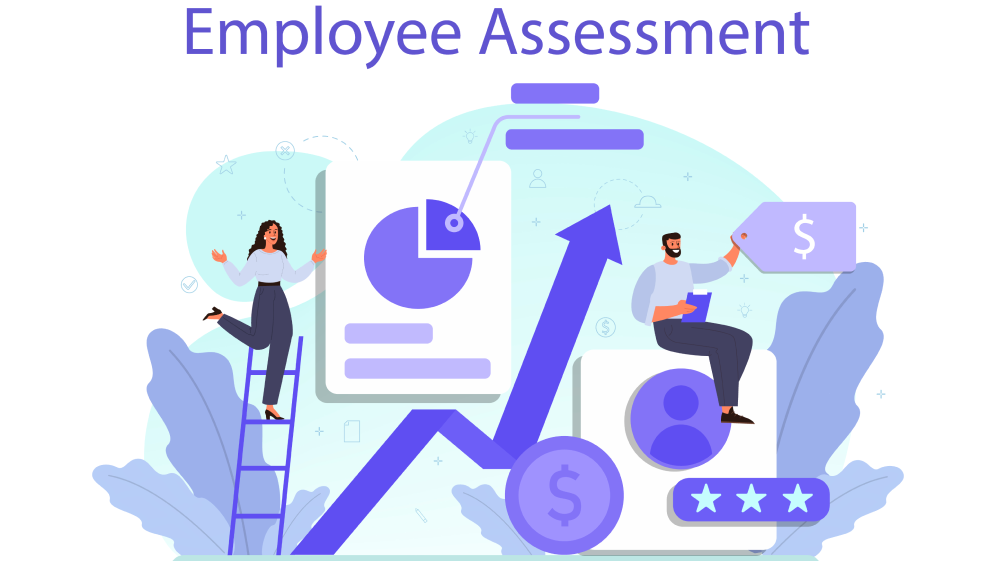Work-based learning is a powerful tool for enhancing employability skills and ensuring that individuals are adequately prepared for the workplace. By immersing students in real-world work experiences, they have the opportunity to develop and apply the skills and knowledge they have acquired in a practical setting.
The Power of Work-Based Learning: Enhancing Employability Skills
Work-based learning provides a unique opportunity for individuals to gain hands-on experience and develop the skills necessary for success in the workplace. It allows students to bridge the gap between theoretical knowledge and practical application, fostering a deeper understanding of the subject matter. Through work-based learning, individuals can develop essential employability skills such as critical thinking, problem-solving, communication, teamwork, and adaptability. These skills are highly valued by employers and are essential for thriving in today’s rapidly evolving job market.
Additionally, work-based learning allows individuals to build their professional networks and gain exposure to different industries and work environments. By working alongside professionals in their chosen field, individuals can learn from their experiences, gain insights into industry trends, and develop a clearer understanding of their career aspirations. This exposure not only enhances their employability but also helps them make informed decisions about their future career paths.
Unlocking Potential: Assessing Employability in Work-Based Learning
Assessing employability skills in work-based learning is crucial to unlocking an individual’s potential. It provides valuable feedback on an individual’s strengths and areas for improvement, enabling them to continuously develop and refine their skills. Through assessments, educators and employers can identify an individual’s aptitude for specific job roles, allowing for targeted skill development and career guidance.
Employability assessments in work-based learning can take various forms, including performance evaluations, self-assessments, and feedback from supervisors and colleagues. These assessments provide a comprehensive view of an individual’s abilities, allowing them to showcase their strengths and identify areas where further development is needed. By evaluating employability skills, educators and employers can support individuals in their career progression, ensuring they are well-equipped for the challenges and opportunities that lie ahead.
Work-based learning and employability assessment go hand in hand in preparing individuals for the rapidly changing demands of the workplace. By providing real-world experiences and opportunities for skill development, work-based learning enhances employability skills and equips individuals with the tools necessary for success. Assessing employability skills through various methods ensures that individuals receive valuable feedback and guidance to continuously improve and unlock their true potential. As the job market continues to evolve, work-based learning and employability assessment will play a pivotal role in shaping the workforce of tomorrow.

